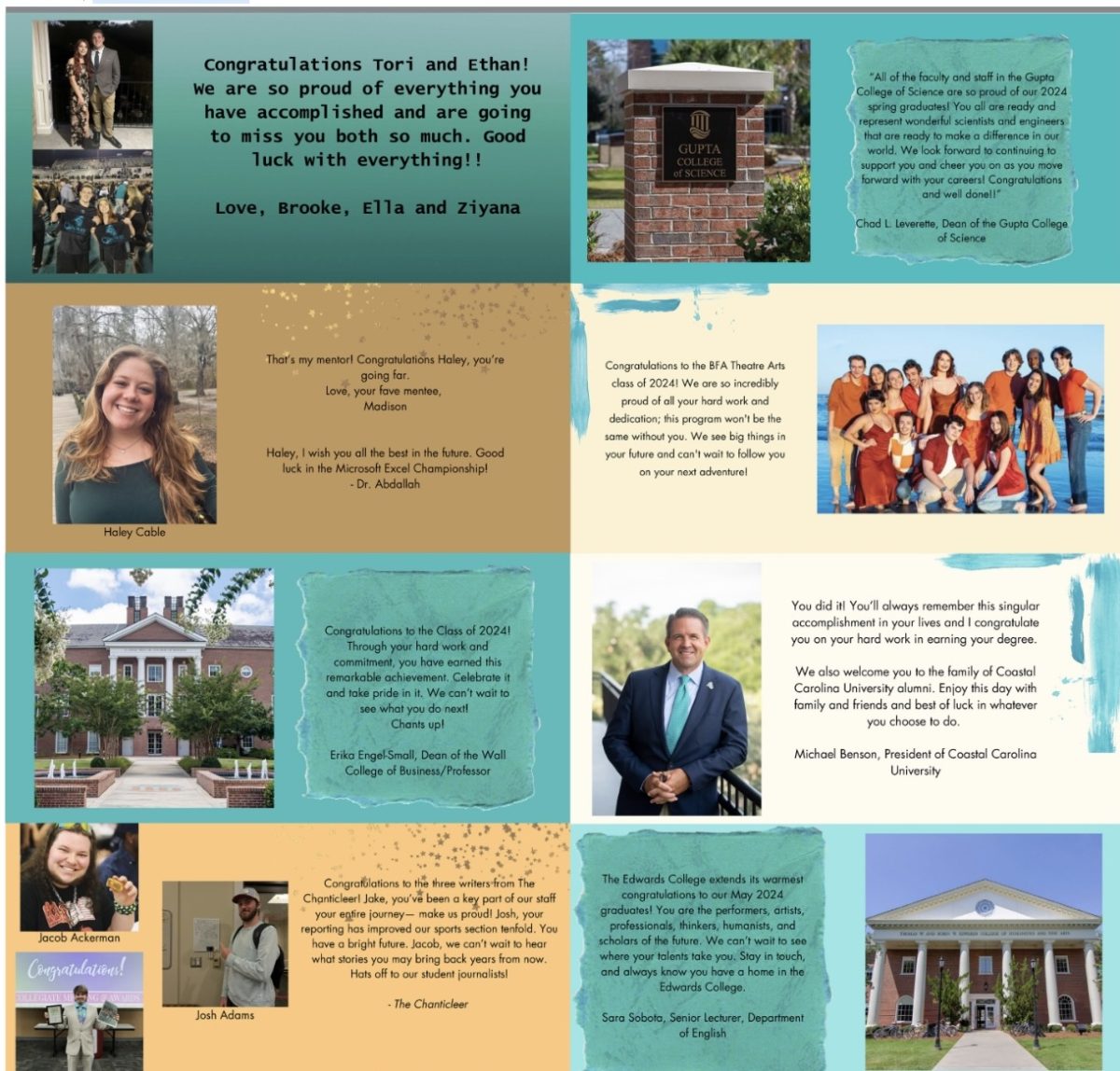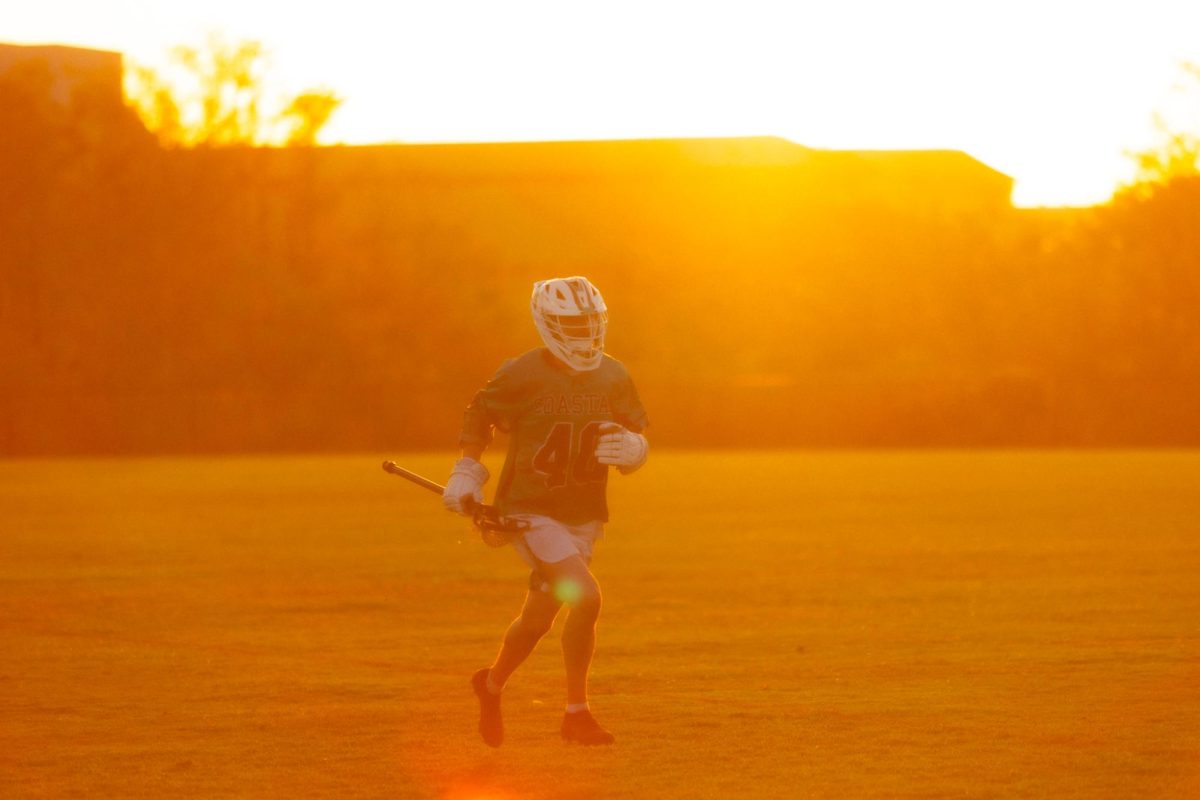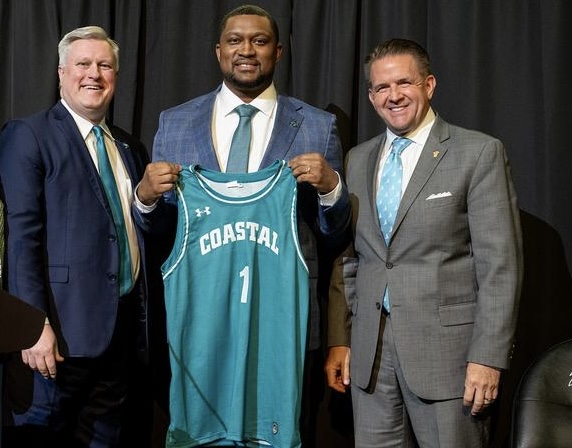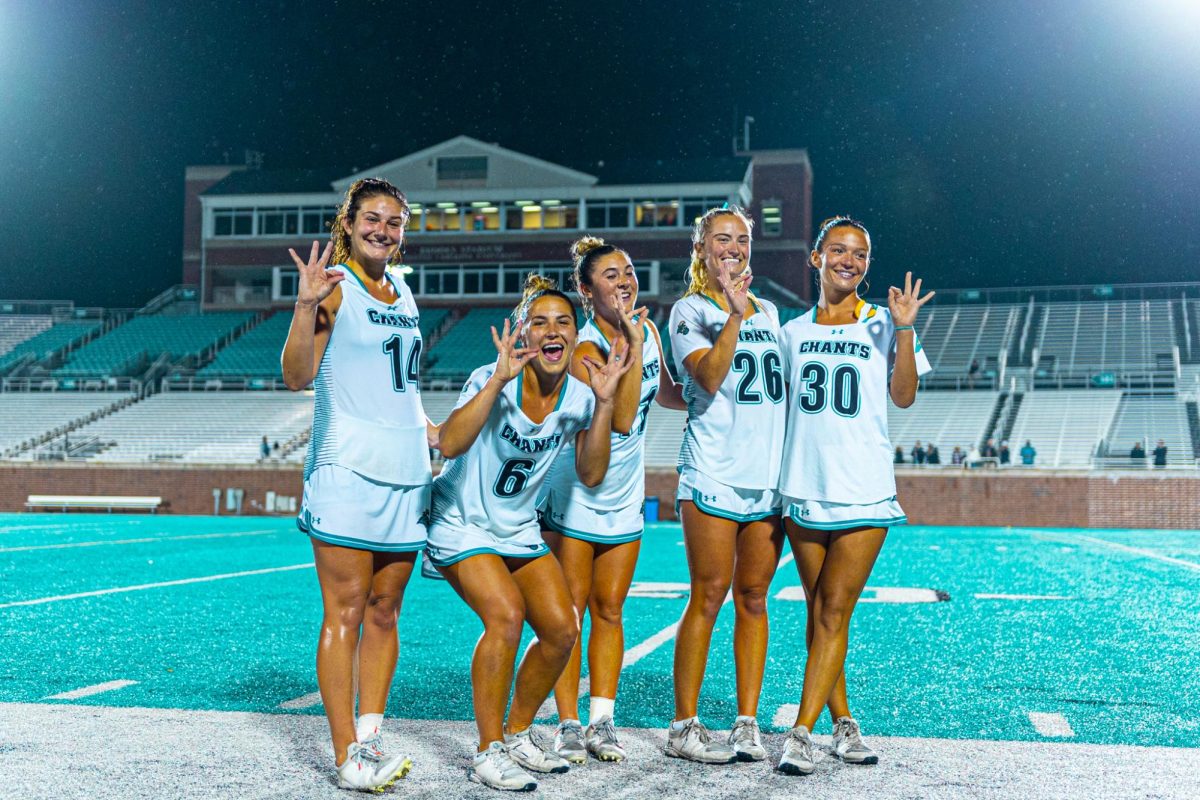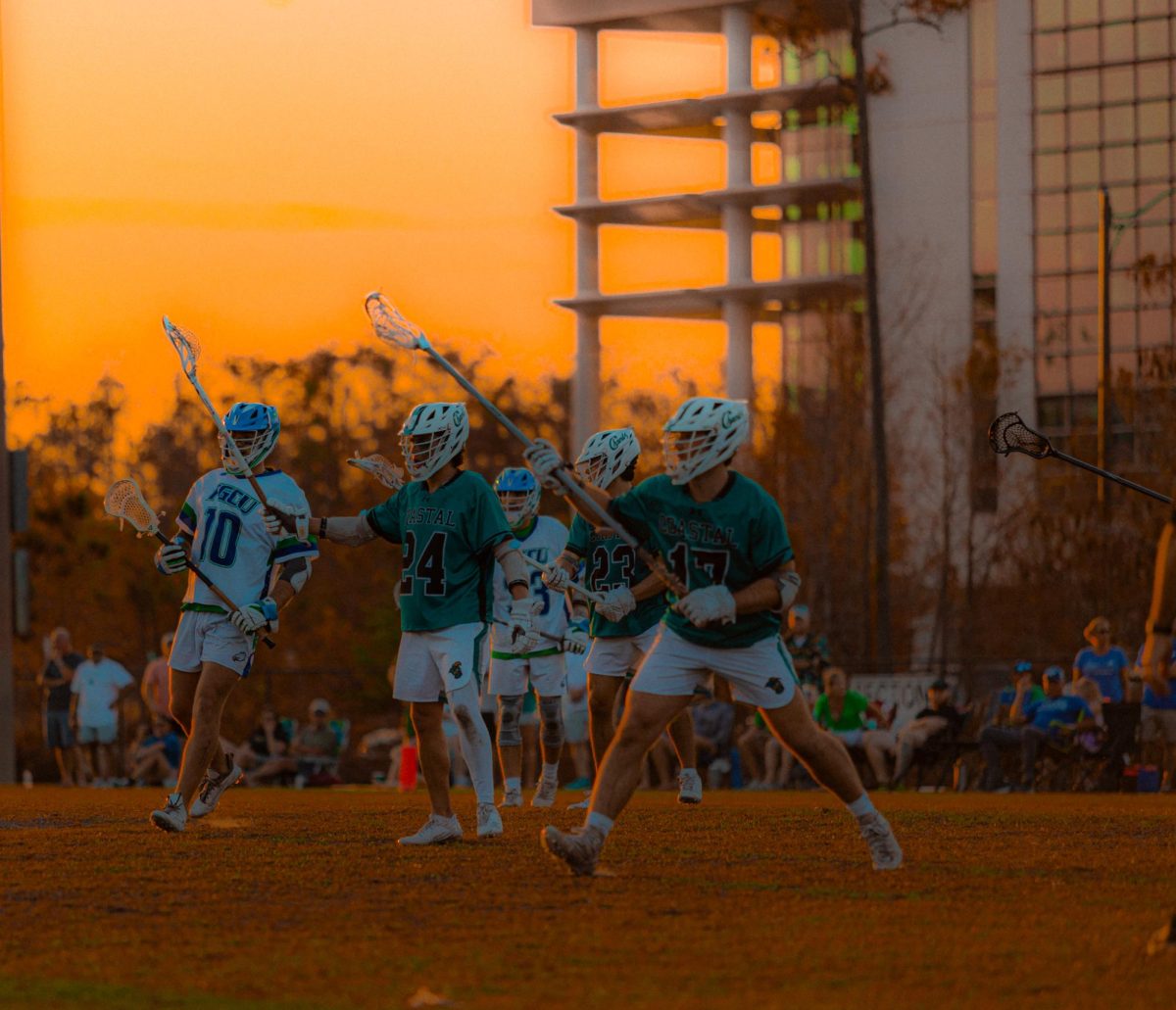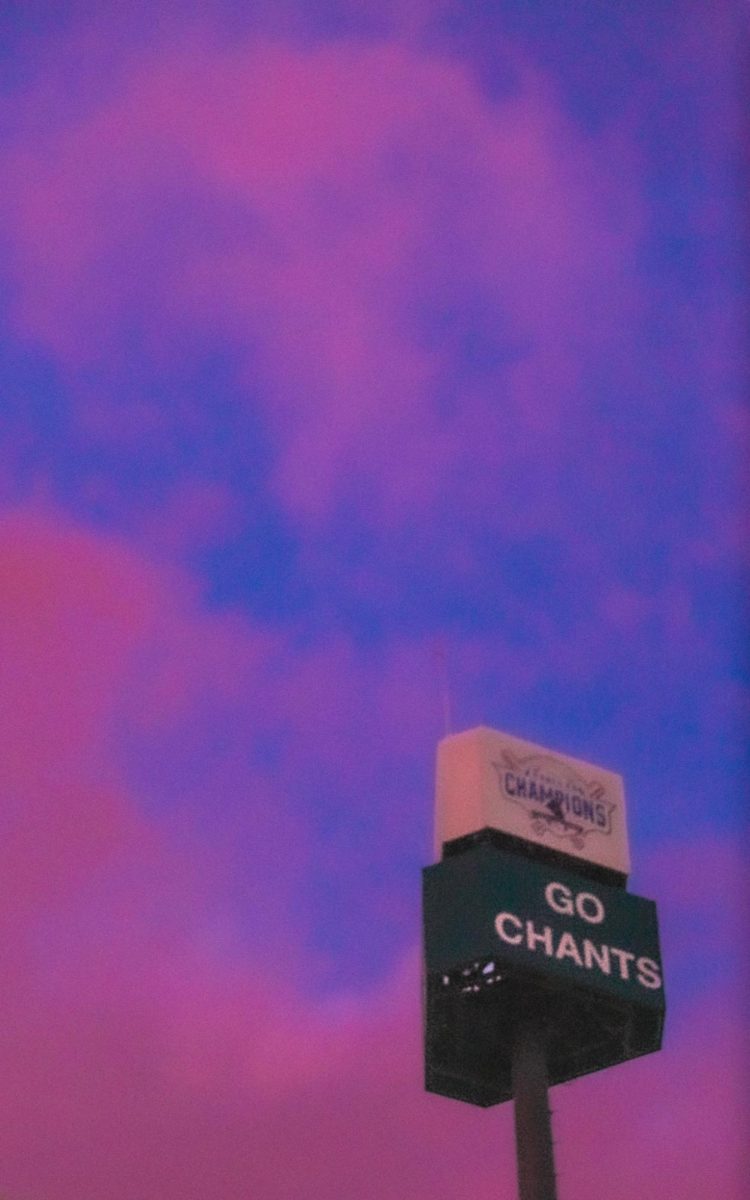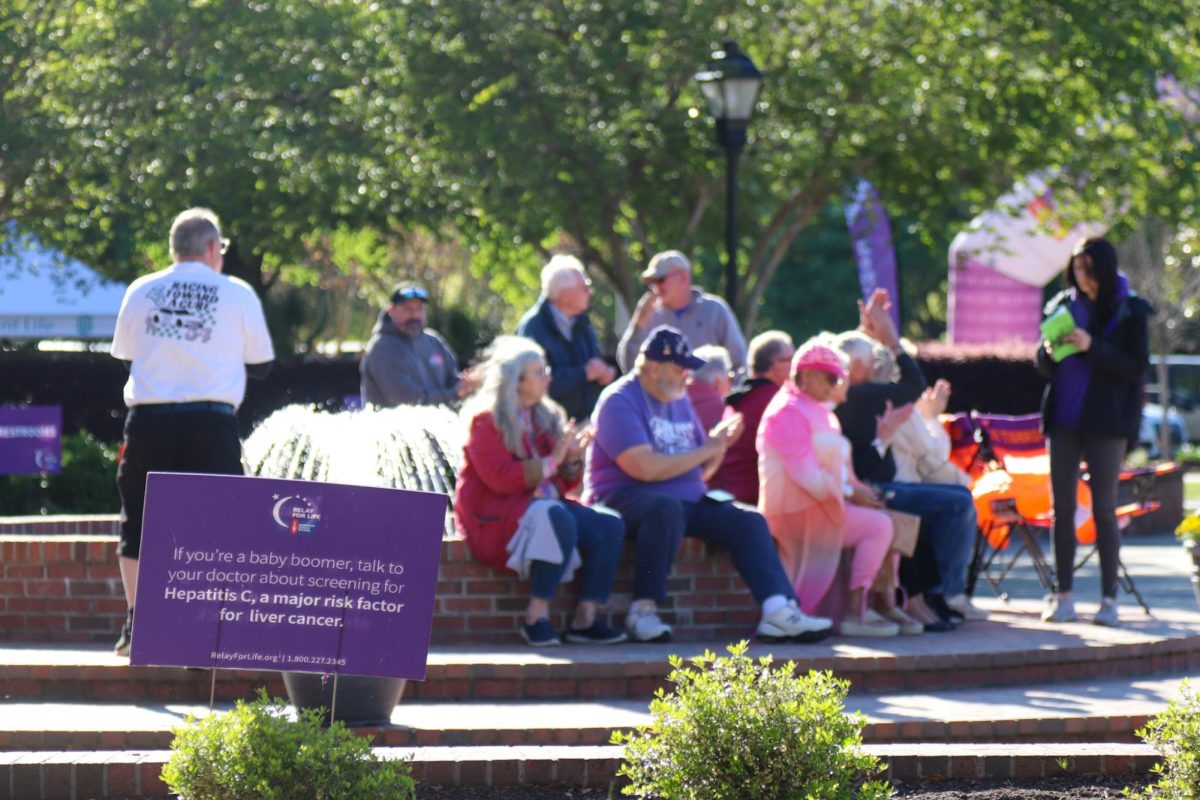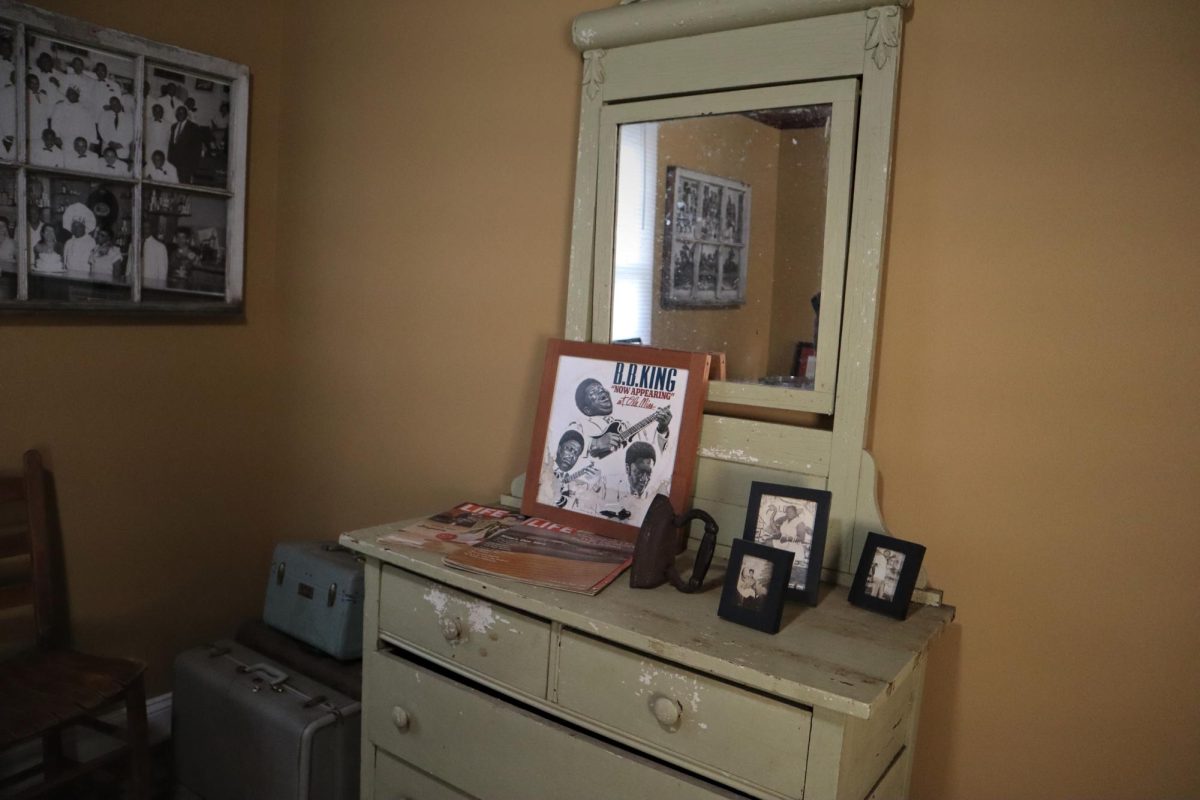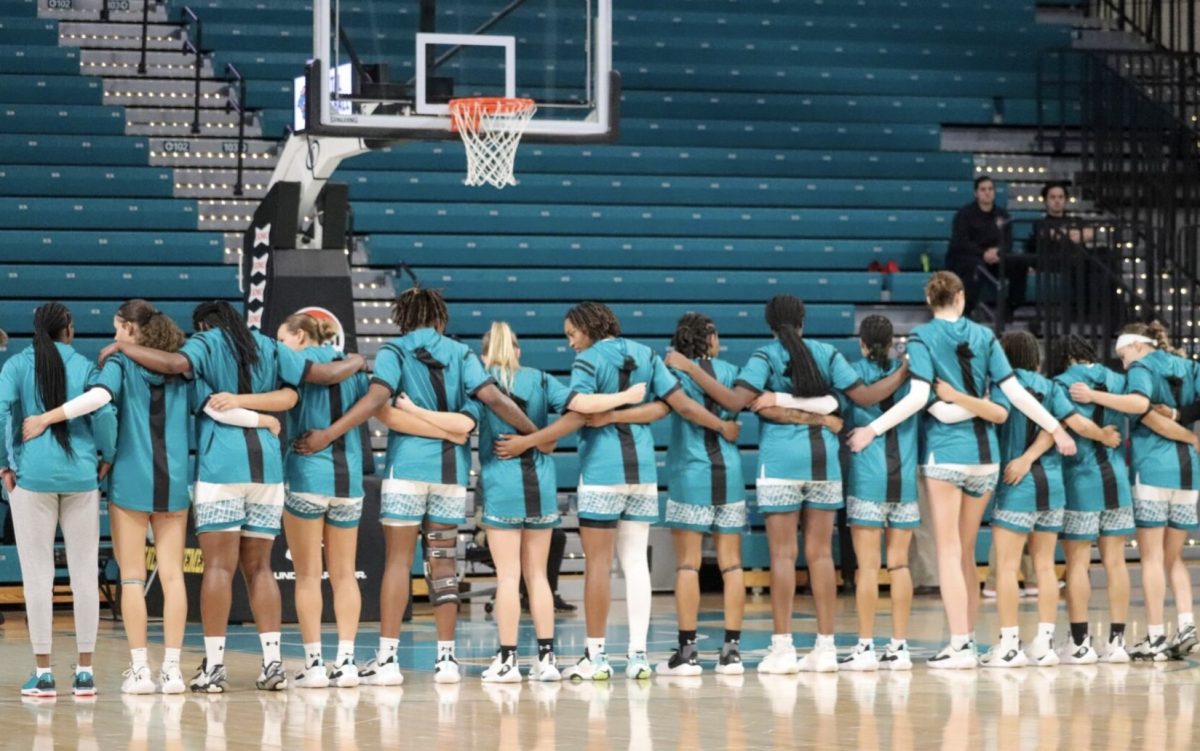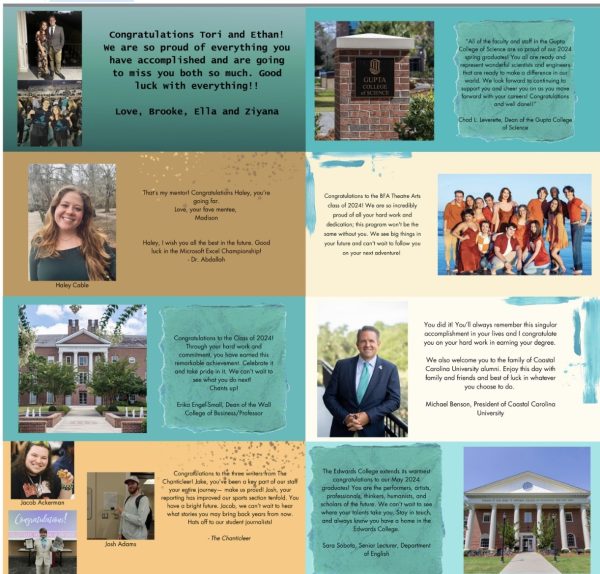SC Supreme Court coming to campus
The Supreme Court of South Carolina will hold court proceedings in the Lib Jackson Student Union Theatre on Feb. 8 and Feb. 9.
This is an opportunity for students and the public to observe our state’s highest authority deliberate real court cases. Four cases shall be discussed.
State v. Randy Wright, Feb. 8 at 10 a.m.
According to Appellate Case No. 2017- 002130, Wright was on trial for assault and battery of a high and aggravated nature. The jury deliberated for two hours and returned with a guilty verdict. Wright asked the trial court to poll each juror individually and his request was denied.
Wright argued the clerk’s collective inquiry failed to fulfill his polling right. The court of appeals agreed and reversed. Wright’s petition has been granted writ of certiorari to review court of appeals decision.
State v. Travis Latrell Lawrence, Feb. 8 at 11 a.m.
According to Appellate Case No. 2018- 000989, a jury convicted Lawrence of attempted murder. The victim, Clayton Baxter, was attacked by Lawrence and co-defendant Terrell Bennett. Lawrence subpoenaed Bennett, hoping his testimony would prove Baxter initiated the fight and Lawrence acted in self-defense.
Bennett invoked the right against self-incrimination. The court of appeals affirmed co-defendant Bennett’s right against self-incrimination. The Supreme Court will address whether the court of appeals errored in their decision.
Ani Creation Inc. v. City of Myrtle Beach, Feb. 9 at 10 a.m.
Several downtown businesses filed suit against the City of Myrtle Beach claiming the creation of Ocean Boulevard Entertainment Overlay District “abuses government power,” according to WMBF News. The overlay district prohibits “smoke shops, cannabis products and merchandise with references to drugs or sexually oriented material.”
The lawsuit accuses Council and Myrtle Beach Planning Commission of failing to follow proper procedures between first and second hearings. The roster of court hearings said the deliberation will address several constitutional challenges to the amendment of City of Myrtle Beach’s zoning ordinances.
Doe v. Keel, Feb. 9 at 11 a.m.
According to SC Justice Project, John Doe does not live in South Carolina, has not committed a crime in the state, and is not obligated to register as a sex offender in the state. Even so, South Carolina Law Enforcement Division, is insistent upon the publication of Doe’s name, picture, out of state conviction and last-known out-of-state address on the online sex offender registry.
Doe said this causes severe reputational harm. The roster of court hearings said the question “Does the South Carolina Sex Offender Registry Act (SORA) permit the publication of out-of-state offenders?” is certified for the Court’s consideration.
